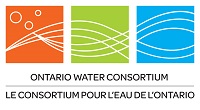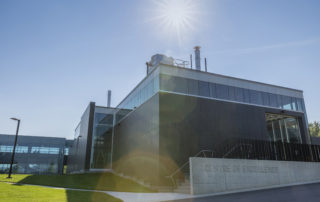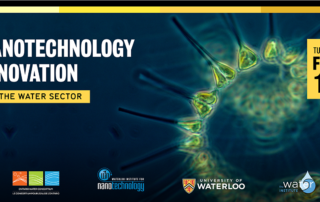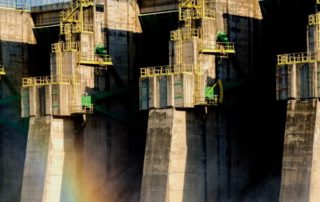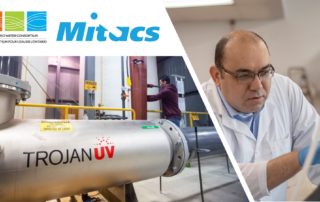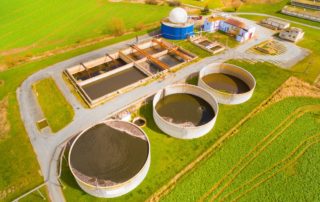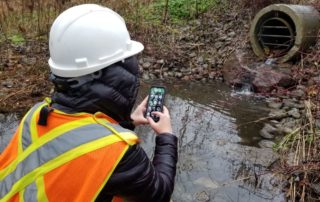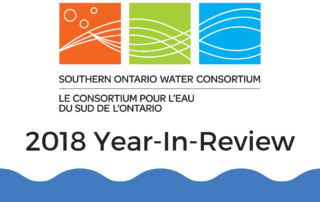Delivering R&D with a difference at the Lambton Water Centre
In 2020, Research Infosource ranked Sarnia’s Lambton College the top research college in Ontario and second Canada-wide. The Lambton Water Centre (LWC) is a big reason why, helping companies optimize technologies, scale up projects and reduce operational costs since 2013. “Ontario is a very innovative province with respect to developing water technologies,” says Mehdi [...]
